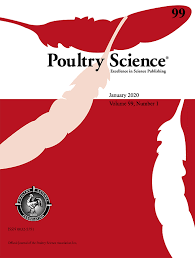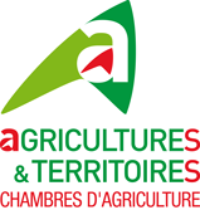Document type: guide to good practice
Authors: Members of the EU Platform on Animal Welfare Own Initiative Group on Fish
Preview: The welfare of fish has been worked on less than that of other farmed animals in recent years. Nonetheless, understanding and meeting their needs is important for many aspects of good fish farming.
Farmed vertebrate fish (hereafter named "fish") are sentient beings and the keeping of fish carries with it an ethical responsibility to ensure their welfare. Fish should be cared for by appropriate preventive and enabling measures with full regard to the species-specific needs of the fish. Pain, distress, suffering, disease outbreaks, mortality, stress, aggression and behavioural disorders should be prevented and minimised, while natural behaviours and positive welfare should be maximised.
Water quality and handling are very important for the welfare of fish during all life stages and farming practices. Other factors are also important for the welfare of fish and for good fish farming, including transport, slaughter, feeding regimes, housing, and breeding regimes. These guidelines assume good welfare practices in areas not covered here.
These guidelines on water quality and on handling will be of use for aquaculture operators and the relevant competent authorities. They include factors and parameters that are common across species. Each includes:
- A section with related provisions from the Council of Europe Recommendation concerning farmed fish. The recommendation was adopted on 5 December 2005 by the Standing Committee under the European Convention for the Protection of Animals kept for Farming Purposes, and it entered into force on 5 June 2006.
- A section with guidelines to good animal welfare practice developed by the voluntary own initiative group on fish.
The guidelines were produced in 2020 by the voluntary own initiative group on fish under the EU Platform on Animal Welfare which was established by the Commission Decision 2017/C 31/12 (Official Journal of the European Union C 31). The positions expressed in the guidelines do not necessarily represent in legal terms the official position of the European Commission.






